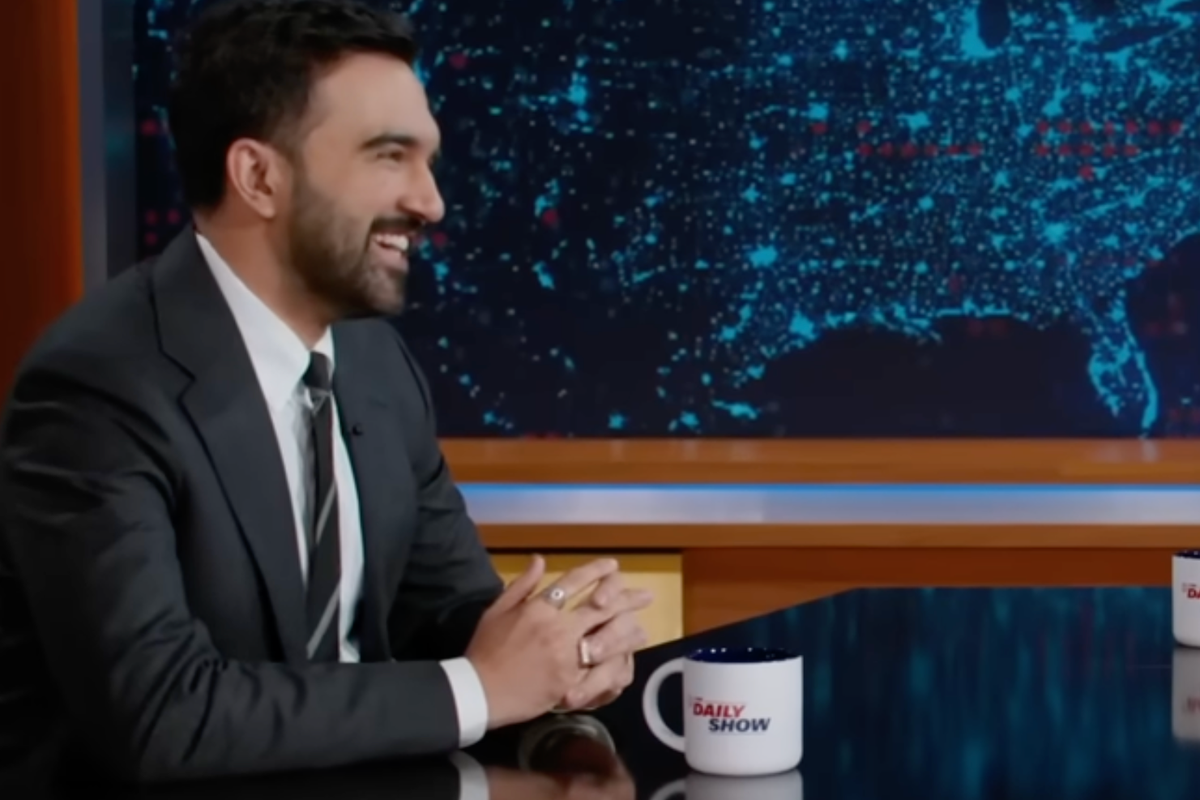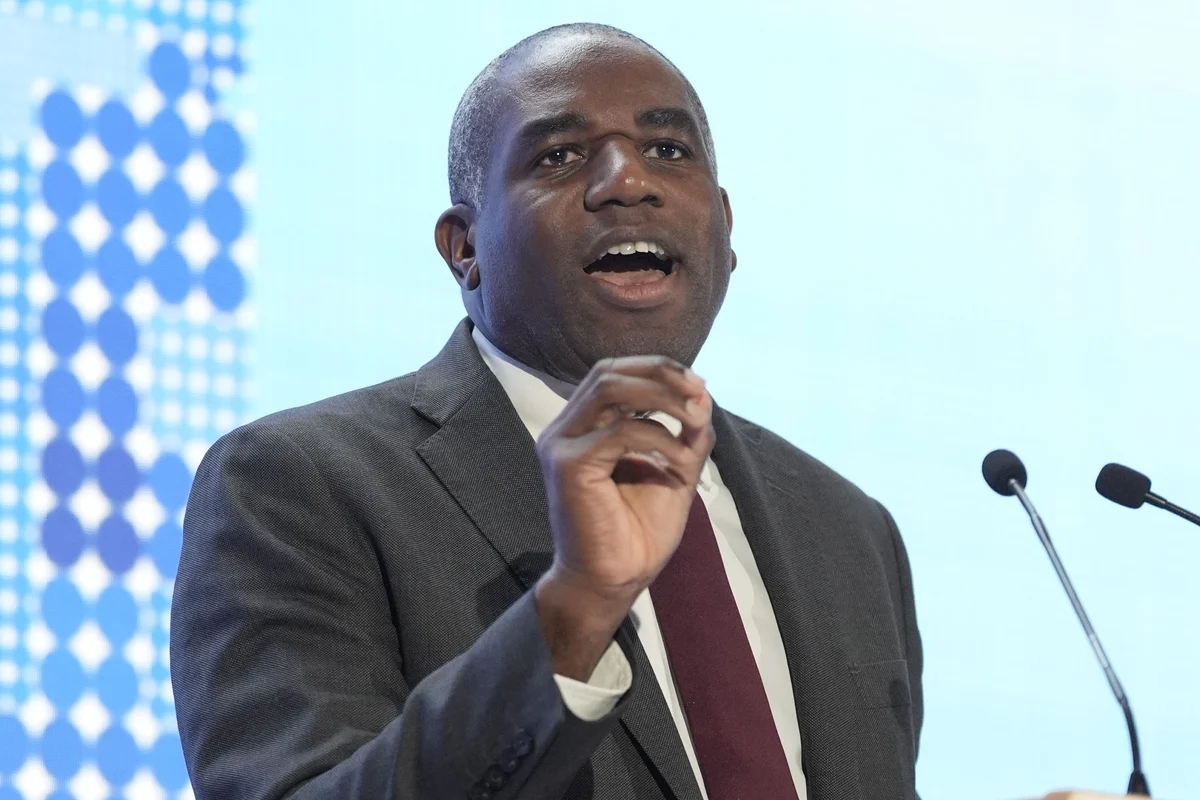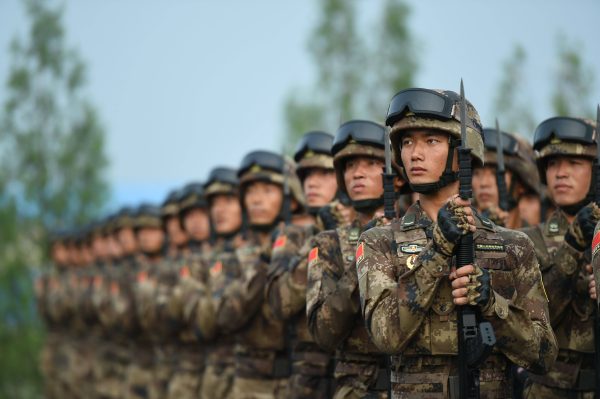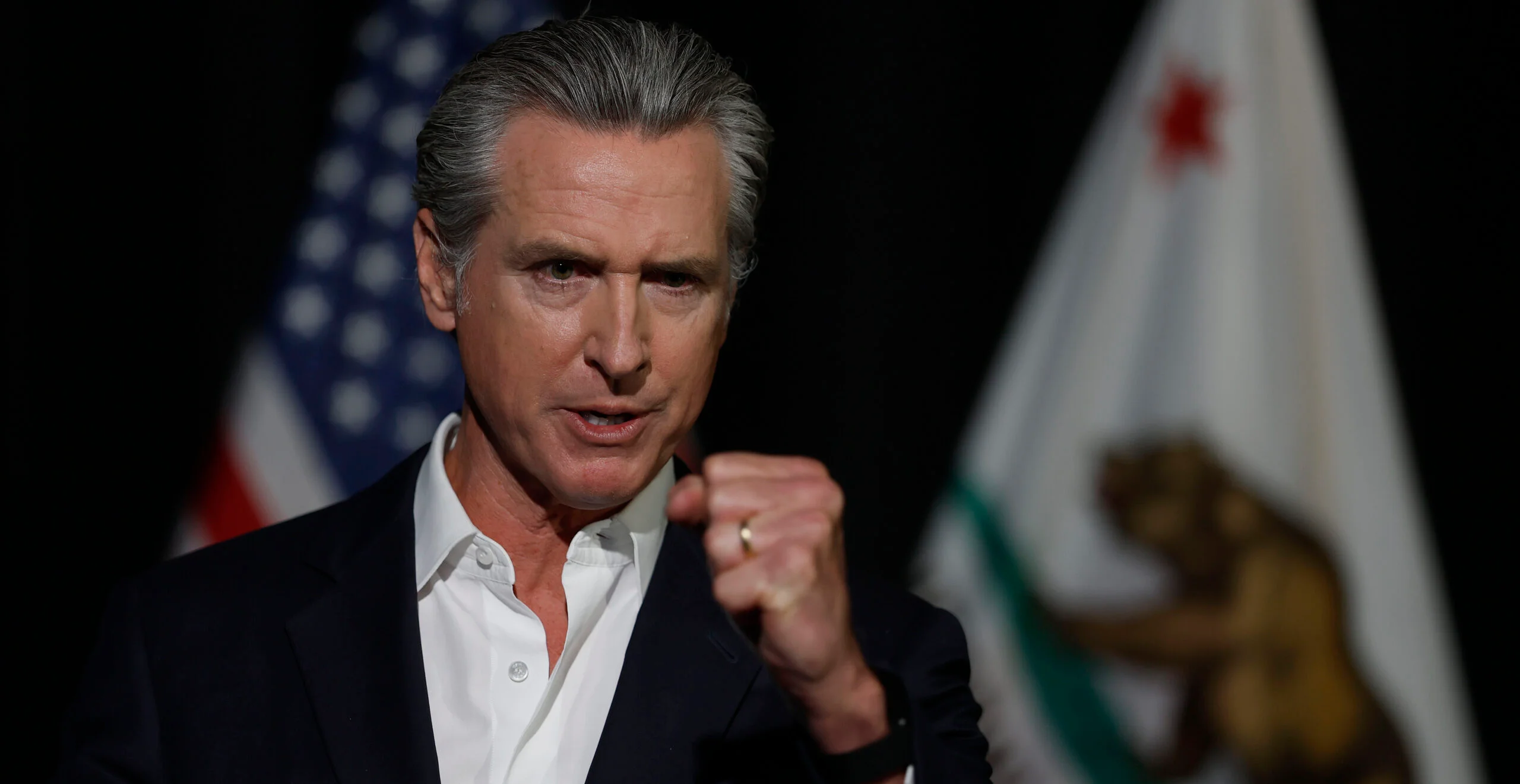Copyright Screen Rant
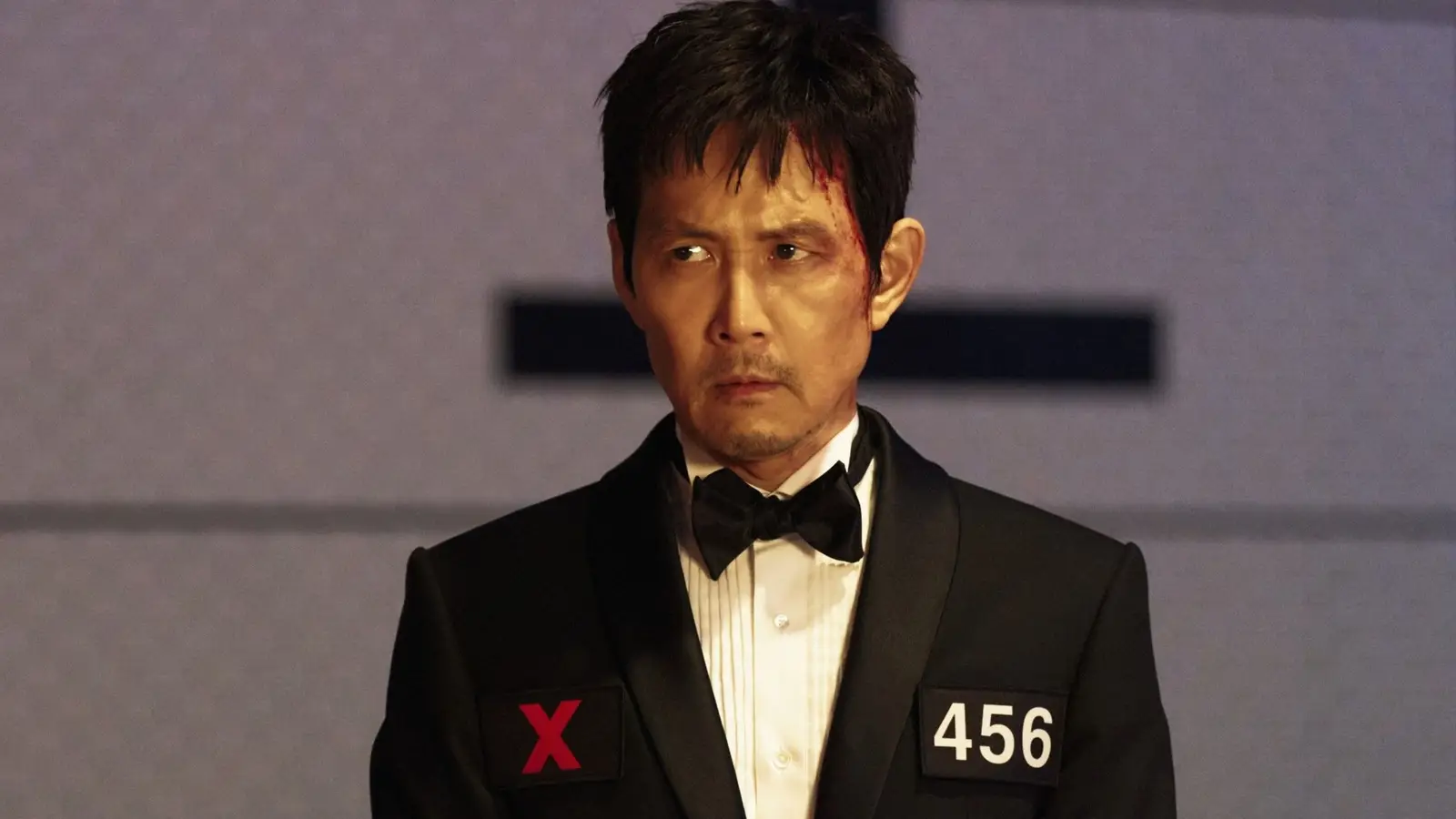
After redefining global television with Squid Game, Lee Jung-jae is finally returning to series work, but this time, on his own terms. His new Prime Video show, Nice to Not Meet You, premieres on November 3, nearly a year after Squid Game ended, and trades the action survival drama for something funnier and surprisingly self-aware. The series follows an actor trapped by his own reputation, a man who’s played a famous detective so many times he can’t convince anyone he’s capable of more. It’s an on-screen reflection of what can happen off-screen too, especially for Lee, whose global fame as Gi-hun could easily have limited his next move. Instead, he’s turning that tension into material, joining the ranks of actors in meta-casted TV show roles that feel deeply personal. Lee Jung-jae Plays A Typecast TV Actor In Nice To Not Meet You In Nice to Not Meet You, Lee Jung-jae plays Lim Hyeon-jun, a television actor who’s spent five years playing the same detective on a long-running procedural. The role made him a household name, but it also trapped him; now every producer sees him as that same stoic investigator, incapable of anything else. It’s a funny but painful kind of fame, where success becomes its own cage. The show follows Hyeon-jun as he tries to break out of that image, crossing paths with a journalist, played by Lim Ji-yeon, who’s just been reassigned from politics to entertainment coverage. Their uneasy collaboration turns into a story about control, of who gets to define someone’s narrative, and what it takes to rewrite it. For Lee, who’s spent decades reinventing himself across genres, it’s an especially self-aware performance. Nice Not To Meet You Is The Perfect TV Role For Lee Jung-jae After Squid Game Lee Jung-jae’s career doesn’t need a reinvention, but Nice to Not Meet You gives him a chance to play with the idea anyway. After Squid Game, he became synonymous with Gi-hun, an everyman whose desperation and decency defined one of the most iconic TV characters of all time. Now his new series flips that perception, allowing Lee to acknowledge the risk of being remembered for one role while proving he’s capable of just about anything. Playing an actor desperate for a creative reset mirrors what any performer faces after a global hit, especially one that blurs fiction and fame as sharply as Squid Game did. But this doesn't feel like a reaction to pressure, but more a display of confidence. Lee isn’t running from his most famous character, he’s using it as a lens to explore how artists reclaim authorship over their own image. It’s also worth remembering how long Lee has been doing this. He started acting in the early 1990s, first on television and later in some of Korea’s most influential films, from The Housemaid to New World and Assassination. Reinvention has always been part of his repetoire; Lee Jung-jae's best movies and TV shows move between romance, noir, action, and satire, each time recalibrating what audiences expect from him. Hollywood's history is full of actors who reinvented themselves after playing the same character for too long, from Bryan Cranston who fought to shed Breaking Bad’s shadow, to Daniel Radcliffe after Harry Potter, and even Robert Pattinson, who rebuilt his image through unexpected, riskier roles. Not everyone has been as successful as these actors at all.
